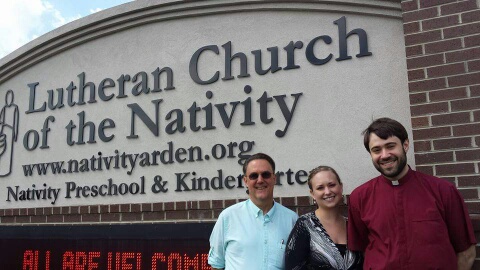Today’s post is from Tim Getz, Director of Music Ministry at Grace Lutheran Church in Palo Alto, California.
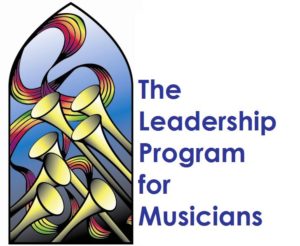
Being a good musician on any instrument, in any style of music, requires years of concentration and practice. Highly skilled musicians often find work in churches only to discover that specific skills are required for church music that are rarely addressed in music study. How does one effectively lead a congregation in singing? It’s not a matter of just starting playing and hoping people join in. How does one go about choosing appropriate repertoire for a congregation to sing? It’s not a matter of just choosing your personal favorite songs. How does one work effectively with groups of volunteers who come with vast differences of ability, training, and level of commitment?
The Leadership Program for Musicians is designed to help develop these skills, and many more. Originally envisioned as a two-year program, organized and presented by teams of local leaders using an established curriculum, LPM is now exploring new ways to present its material. Online classes have now been developed which offer many exciting possibilities for musicians working in churches throughout the country. These new courses offer flexible scheduling, shorter time commitments, and the opportunity to study from home rather than driving to a class location. Tuition is affordable and some scholarship money is available.
Two great online courses are being offered this spring: “Developing a Philosophy of Church Music” and “Liturgy and Music for Lutherans” each will run from March 22-June 7, with a break for Holy Week. The registration deadline is March 15.
Particular attention is given to the needs of smaller churches, and the courses are equally valuable for both musicians and pastors. A ministry team might consider registering and studying together for even greater benefit!
Visit www.lpm-online.org for more information and to register for a course. Sign up today! You’ll be glad you did.

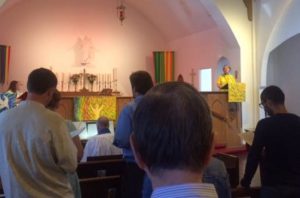
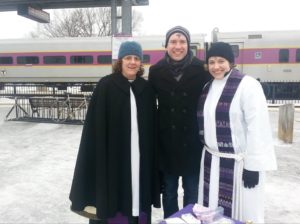
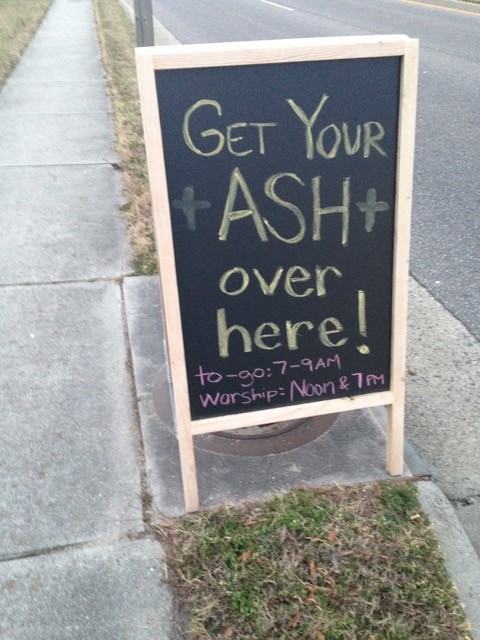 In 2016, after moving back to Virginia, sunrise on Ash Wednesday was warmer (not that my Southern blood allowed me to really appreciate it). The congregation I serve in Chesapeake, Virginia does not have a centralized gathering spot for commuters, so I simply stood outside the church, again with my little table, ashes, hand warmers, and sign. Some parishioners stood with me to pray with those who stopped by, and more stopped since they would not be able to make either of our worship services that day.
In 2016, after moving back to Virginia, sunrise on Ash Wednesday was warmer (not that my Southern blood allowed me to really appreciate it). The congregation I serve in Chesapeake, Virginia does not have a centralized gathering spot for commuters, so I simply stood outside the church, again with my little table, ashes, hand warmers, and sign. Some parishioners stood with me to pray with those who stopped by, and more stopped since they would not be able to make either of our worship services that day.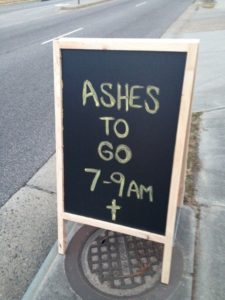
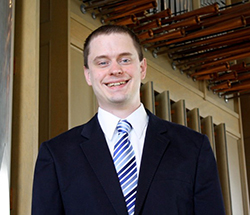 On Feb. 19, many congregations will sing “Oh, Praise the Gracious Power” (Evangelical Lutheran Worship, #651) in response to the readings from Paul about Christ as our foundation (
On Feb. 19, many congregations will sing “Oh, Praise the Gracious Power” (Evangelical Lutheran Worship, #651) in response to the readings from Paul about Christ as our foundation (
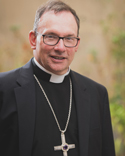 The year after I graduated from college I had a Fulbright Fellowship to study in France. I was a student that year at the Faculty of Protestant Theology of the University of Strasbourg. Far away from home, I spent the year in classes with people who knew they wanted to be Lutheran pastors. Over the course of that time I realized I wanted to be one as well.
The year after I graduated from college I had a Fulbright Fellowship to study in France. I was a student that year at the Faculty of Protestant Theology of the University of Strasbourg. Far away from home, I spent the year in classes with people who knew they wanted to be Lutheran pastors. Over the course of that time I realized I wanted to be one as well.